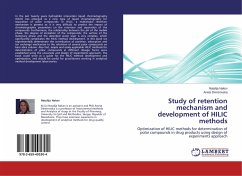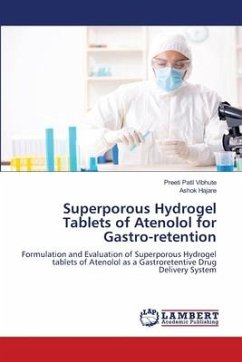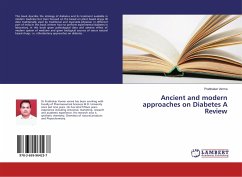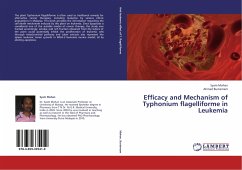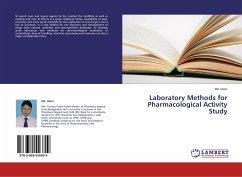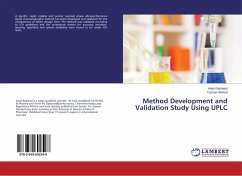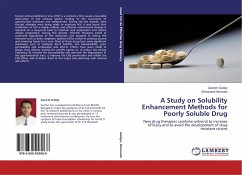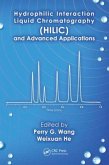In the last twenty years hydrophilic interaction liquid chromatography (HILIC) has emerged as a new type of liquid chromatography for separation of polar compounds. In HILIC, a multimodal retention mechanism is present so it is very difficult to predict the impact of chromatographic parameters on the retention and separation of the compounds. Furthermore, the relationship between the pH of the mobile phase, the degree of ionization of the compounds, the surface of the stationary phase and the absorbed water layer is very complex, which significantly complicates the HILIC method development. In this book we experimentally determinate the contribution of partition, adsorption and ion exchange mechanism to the retention of several polar compounds on bare silica column. Also fast, simple and easily applicable HILIC methods for determination of polar compounds in different dosage forms were established using the univariate and design of experiments approach. The book could serve as a guide for the HILIC method development and optimization, and should be useful for practitioners working in analytical method development laboratories.
Bitte wählen Sie Ihr Anliegen aus.
Rechnungen
Retourenschein anfordern
Bestellstatus
Storno

